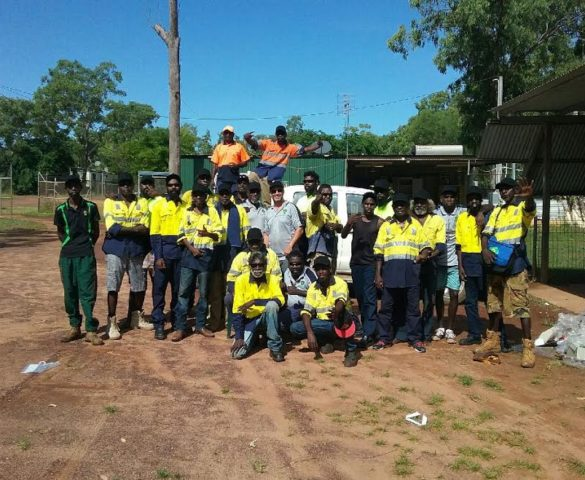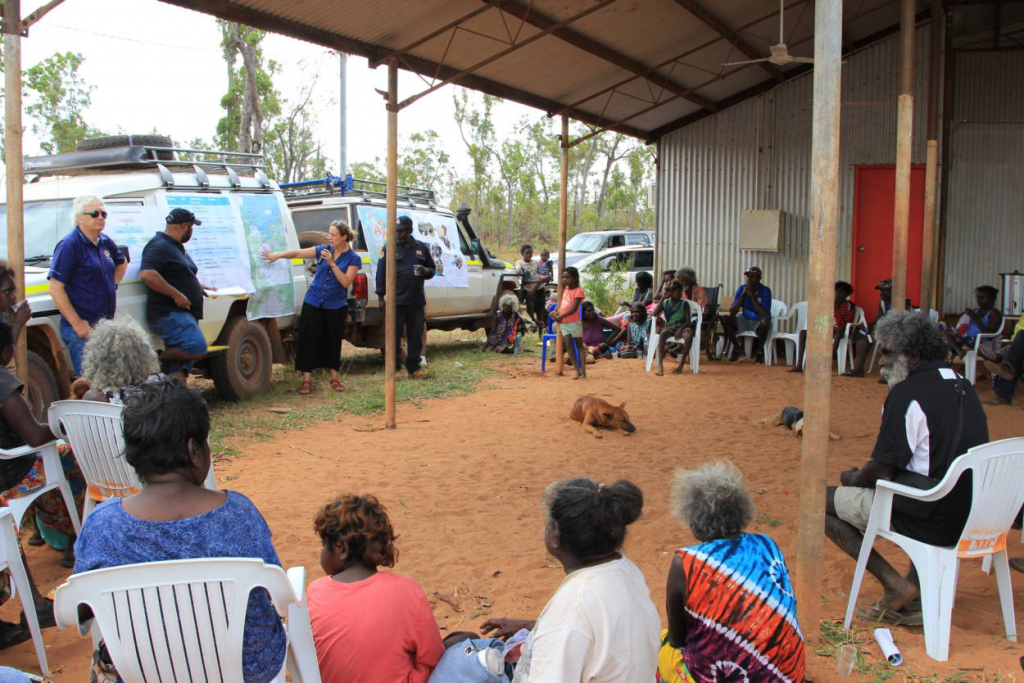Having been engaged within the Indigenous sector, in both the Northern Territory and Queensland for well over a decade now, I have seen my fair share of ‘well-intended’ and constructed policy initiatives from the-then Government of the day. Some of which have worked in the way Canberra intended them to; others have missed the mark in providing a real difference to those on the ground.
Some of these past Initiatives have gone a long way to addressing the long-standing and holistic issues faced each and every day across the Indigenous landscape; however, I am also I firm believer in the fact we can always do more. We can do more to address both disparity and despair in rural and remote communities!
Aboriginal Communities such as ‘Gapuwiyak’ in Central Arnhem Land, ‘Umbakumba’ within the Groote Archipelago or ‘Woorabinda’ in Central Queensland; some of which lie on the edge the richest resources in Australia with in excess of 85% unemployment?
From my experience across many employment- focused funding initiatives; from the ‘Community Development and Employment Projects (CDEP), Work for the Dole (WftD), Remote Jobs and Communities Programme (RJCP) to the now, Employment Parity Initiative and the brand new ‘Jobs, Land and Economy Programme (JLEP)’ I have been witness to many a Whitepaper or Ministerial brief on Indigenous employment percentages or outcomes and how well the initiative or programme is performing.
In turn, my time spent within this wide spectrum of community settings I have learnt that for any programme or Government initiative to work it needs to be not only reversed engineered with meaningful and long-lasting employment in mind, it needs to be people focused; a policy direction not often taken by Government.
As I am a firm believer in socioeconomic growth; especially across the Indigenous employment and business sector, I am paying close attention to current policy direction around the Coalition Governments’ Indigenous Procurement Policy (IPP) and how these changes are set to disrupt the current model for the better.
Recent changes made to the IPP will provide Supply Nation with additional resources to continuously monitor the 1600 Indigenous businesses on its Indigenous Business Directory to ensure they are, and remain, bona fide Indigenous businesses; including taking a zero tolerance to ‘blackcladding’, a term unfortunately becoming too familiar in the sector?
In addition, the Government also recognises that Joint Ventures can be an ideal vehicle for blackcladding, in turn all joint ventures will now be required to register on Supply Nation’s Indigenous Business Directory, meet a 50 per cent Indigenous ownership and control test, and have a skills capability transfer and Indigenous workforce plan in place which will be reviewed annually by Supply Nation.
Like all commercially centric policies, there are far too often wide gaps that appear, in which the business community can exploit; however, I must acknowledge Nyunggai Warren Mundine’s efforts across the Indigenous Procurement Policy and the change brought about to not only, strengthen this policy but to direct it more towards the Indigenous business community. Furthermore, I congratulate him on his appointment as chairman of the newly formed Indigenous Business and Economic Advisory Council, which will guide implementation of the Indigenous Business Sector Strategy.
According to the Minister of Indigenous Affairs recent media release, “The IPP has been a runaway success with over 1000 Indigenous businesses winning over $1.084 billion in Commonwealth contracts since its commencement in July 2015, compared to just 30 Indigenous businesses winning $6.2 million in 2012-13; which by all accounts is a fantastic result and something that can certainly be built upon!
However, I am also left wondering what if this initiative had Indigenous employment, engagement cultural health scoring or alignment drivers attached to procurement targets, from a ‘Breaking the cycle, building a future’ perspective, would we be witness to the same level of successes and how further advanced would the sector be in relation to closing the gap data around employment, inclusion and welfare reform?
Only through learning and adapting can we all change!
Peter Remfrey
Managing Director
Pandanus Workforce Solutions





